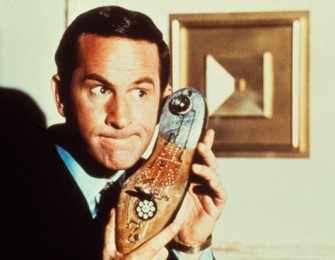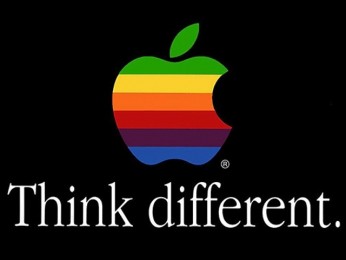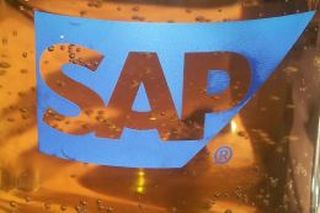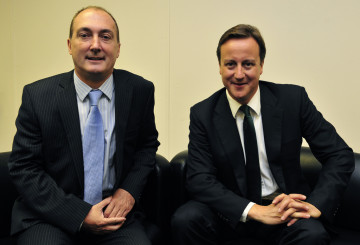 Intel’s recently announced plans to invest shedloads into its Chengdu plant might be revealing much about its cunning plan for the future.
Intel’s recently announced plans to invest shedloads into its Chengdu plant might be revealing much about its cunning plan for the future.
The move was a little unusual, as it did not come with the huge tax breaks and other sweeteners that Intel has required from Israeli governments and the US. This indicates that Intel needed a plant in China.
The move followed another similar-sized investment aimed at consolidating China’s wireless chip sector. The smart money suggests the two moves are linked Intel wants China to become a major centre for the company’s belated push into wireless chips.
Intel could be positioning both of these plants to manufacture smartphone chips. Intel failed to recognise the importance of mobile devices earlier, with the result that most of the market is now dominated by companies like sector leader Qualcomm, and mid-sized players like MediaTek, which mostly use chips based on an architecture supplied by European chip giant ARM.
Beijing wants to create a homegrown player to take down Qualcomm but its domestic chip sector consists of mostly small design houses that lack the resources to become major global players.
Unigroup, which is based out at the Tsinghua University, merged two of the biggest domestic players, Spreadtrum and RDA Microelectronics, into a single company. Intel joined that initiative in September, when it purchased 20 per cent of the new company for $1.5 billion. This makes it bigger than China’s largest chipmaker SMIC.
What Intel appears to be doing is getting itself onside with the Chinese and helping their domestic chip making plans with the idea of getting a foot in the door behind the bamboo curtain. Antitrust watchdogs are less likely to snap at its heels, or treat it as a problem, like they do Qualcomm and in the long term, it will have its fingers in the pies of a growing Chinese chip industry.


















